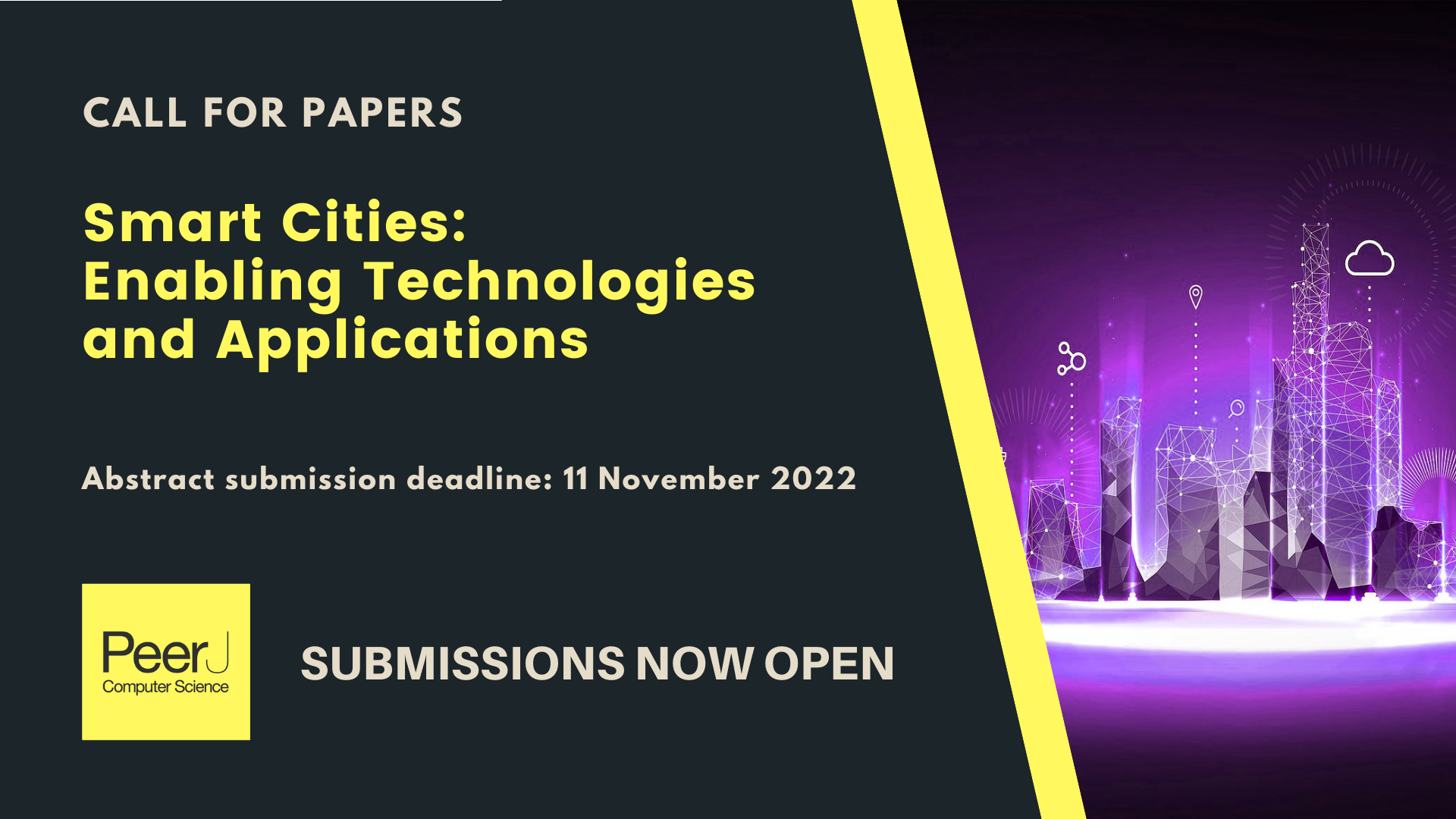
“Urban profiling helps us to know our cities better, and explores the ways towards Smart Cities. The development of Artificial Intelligence and Big Data makes it possible.” Special Issue Editor Xiangjie Kong, Professor, Zhejiang University of Technology.
Smart Cities: Urban Profiling with Artificial Intelligence and Big Data
Part 2 of the dual PeerJ Computer Science Special Issue on Smart City research
Urban profiling is a procedure for modelling specific aspects of a city with multi-source heterogeneous data fusion technology. Urban profiling helps researchers to better complete downstream tasks, such as traffic flow prediction, human mobility pattern extraction, e-commerce warehouse inventory, and urban functional region division. The development and upgrade of communication and sensor technology has led to a huge amount of multi-source, heterogeneous, user-generated data in the form of vehicle trajectories, social platform engagements, and Geographic Information System data amongst others. With this huge influx of complex data, new handling and processing techniques have been at the forefront of research. In recent years, AI technologies and Big Data analyses, particularly deep learning, have all been applied to the field of computing in the context of urban profiling. These new approaches have revitalised the handling of complex datasets, and lead to new possibilities for complex applications, intelligent services, and refined governance.
Despite the recent successes of AI in many applications, urban profiling presents a highly challenging area demanding collaborative research across multiple disciplines. Special Issue Editor Rong Qu. Associate Professor, University of Nottingham.
Despite the technological advances, technical problems with the fusion of multi-source heterogeneous data are also present, such as representation learning on spatio-temporal data. All of these feed into the approaches for the interpretability of urban profiling data. This Special Issue aims to present the state-of-the-art research in the area of urban profiling and its applications, and to provide a forum for experts to disseminate their recent advanced works, views, and ideas on future directions in this field.
For more information and to submit your abstract, please visit: https://peerj.com/special-issues/105-sc-urban-ai
———–
 This Call for Papers is the second part of the dual PeerJ Computer Science Special Issue focussing on Smart Cities, and is intended to publish research on the processing and understanding of data collected within or as part of smarter cities.
This Call for Papers is the second part of the dual PeerJ Computer Science Special Issue focussing on Smart Cities, and is intended to publish research on the processing and understanding of data collected within or as part of smarter cities.
If your research relates more to the technology and methods that originally captured these data, you may be more interested in Part 1 “Smart Cities: Enabling Technologies and Applications“.
———–
Interested in launching your own PeerJ Special Issue? Contact the PeerJ Communities team to find out how.

